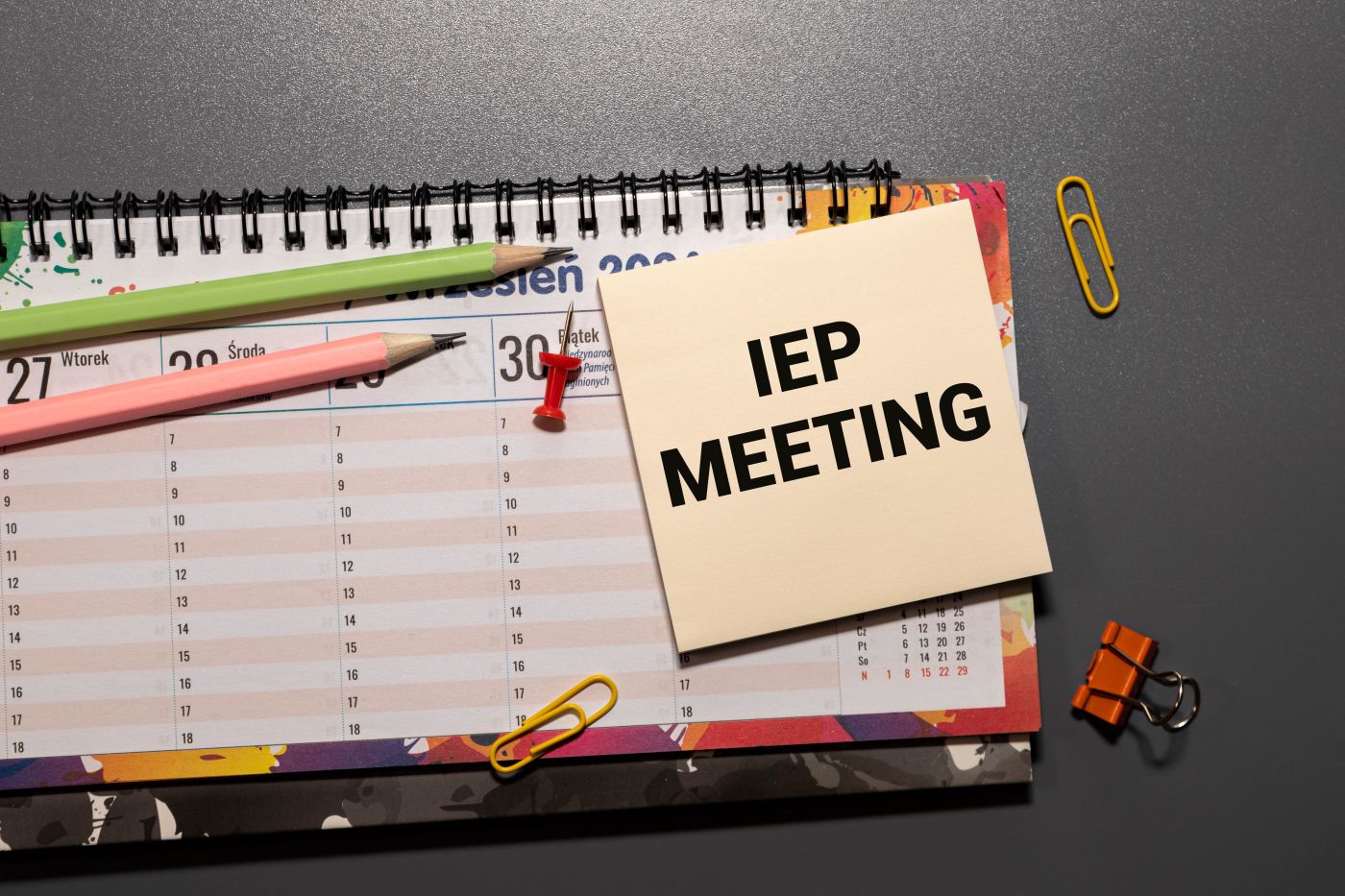In a world that strives for inclusivity and equality, there remains a significant barrier that hinders progress — the pervasive stigma surrounding disabilities.
This stigma not only perpetuates stereotypes but also contributes to the marginalization of individuals with diverse abilities.
In this blog post, we explore the critical need for eliminating stigma around disabilities and how, collectively, we can break down these societal barriers.
The Impact of Stigma
Stigma casts a wide shadow, reaching far beyond individuals with disabilities and infiltrating key aspects of their lives, from education and employment to social interactions. This insidious cycle of discrimination further marginalizes those with diverse abilities. Recognizing the impact of stigma is a crucial step towards addressing its root causes and progressing towards a society that embraces inclusivity.
Dismantling the School-to-Justice Pipeline
A troubling consequence of societal stigma is the emergence of the School-to-Justice pipeline, channeling individuals with disabilities into the criminal justice system. The focus here is on challenging stereotypes that fuel disproportionate disciplinary actions. The aim is to cultivate an educational environment that fosters growth instead of perpetuating exclusion.
Understanding the Pipeline
The School-to-Justice pipeline stands as a pervasive cycle disproportionately affecting individuals with disabilities, redirecting them from educational settings directly into the criminal justice system. Recognizing the urgency to disrupt this harmful trajectory, it is imperative to delve into the various contributing factors that sustain this pipeline.
Stereotypes and Disciplinary Disparities
At the core of the School-to-Justice pipeline lies harmful stereotypes surrounding disabilities. These stereotypes give rise to biased perceptions of behavior, resulting in disproportionately severe disciplinary actions against students with diverse abilities. Challenging these stereotypes directly becomes instrumental in dismantling the very foundation upon which the pipeline thrives.
Lack of Inclusive Education
Inclusive education emerges as a potent tool in disrupting the pipeline. Regrettably, the current educational landscape often falls short in providing essential support for students with disabilities. Advocacy for inclusive curricula, teacher training, and accessible resources becomes essential to ensure every student can thrive in a supportive educational environment.
Individualized Education Plans (IEPs) as A Protective Measure
Crucial to tailoring education to meet the specific needs of students with disabilities, Individualized Education Plans (IEPs) sometimes fall short in consistent implementation. The focus shifts towards ensuring that IEPs transform from mere documents on paper to tangible tools that safeguard the educational journey of each student, minimizing the likelihood of their involvement in the justice system.
Early Intervention and Support Services
Identifying challenges early on and providing adequate support proves indispensable in impeding the pipeline's progression. Active promotion of early intervention programs and support services tailored to the unique needs of students with disabilities becomes a pivotal investment, striving to disrupt the pipeline at its earliest stages.
Collaborating with Educational Institutions
Engaging educational institutions in the battle against the pipeline becomes paramount. Collaboration with schools and school districts involves the implementation of restorative justice practices, creating an environment that prioritizes understanding and rehabilitation over punitive measures. The goal is to transform schools into spaces fostering growth and development for all students.
Advocacy for Policy Change
Achieving systemic change necessitates advocacy at the policy level. Legislative engagement aims to promote policies that dismantle the School-to-Justice pipeline. Advocating for reforms in school discipline policies strives to create a more equitable system that values every student, regardless of their abilities.
Community Awareness and Empowerment
Communities play a crucial role in challenging the pipeline. Awareness campaigns within communities, targeting parents, caregivers, and community leaders, aim to educate about the pipeline's existence and its consequences. Empowering communities to actively participate in breaking down these systemic barriers becomes a key aspect of the approach.
Legal Interventions
In cases where the pipeline has already taken its toll, legal interventions become essential. Providing legal support to individuals with disabilities who have faced unjust disciplinary actions ensures their rights are protected. Through strategic legal advocacy, the goal is to hold institutions accountable and challenge discriminatory practices.
Building a Supportive Ecosystem
Dismantling the School-to-Justice pipeline demands a comprehensive, ecosystemic approach. Working towards building a supportive network that involves educators, parents, legal professionals, and community members is crucial. Fostering collaboration and understanding aims to create a collective force actively working against the pipeline's perpetuation.
The Power of Education
Education holds a pivotal role in reshaping societal perceptions. Fostering an inclusive curriculum that highlights the achievements and contributions of individuals with disabilities is key to challenging existing stereotypes and nurturing empathy. Advocacy extends to educational institutions, encouraging the adoption of practices that empower rather than perpetuate stigmatization.
Embracing Diversity in The Workplace
To eradicate stigma, addressing the barriers faced by individuals with disabilities in the workforce is crucial. Efforts are directed towards creating a more inclusive job market through collaboration with businesses to implement accessible hiring practices. The goal is to dismantle employment barriers and underscore the valuable contributions of individuals with diverse abilities.
Community Engagement and Support
Communities wield a vital role in shaping perceptions. Actively engaging communities and fostering support networks contribute to the dismantling of stereotypes and the promotion of inclusivity. Commitment lies in creating partnerships that empower communities to advocate for themselves, thereby fostering a more compassionate and understanding society.
Raising Awareness Through Media
Media serves as a potent tool that can either perpetuate or challenge societal norms. The push is for responsible media representation that authentically reflects the diversity of abilities. Through partnerships with media outlets, efforts are made to amplify the voices of those often marginalized and eliminate harmful stereotypes perpetuated by mainstream media.
Shifting Cultural Narratives
Cultural narratives frequently reinforce stereotypes surrounding disabilities. Collaboration with cultural influencers, artists, and storytellers aims to reshape these narratives. The focus is on promoting authentic and diverse stories to challenge existing perceptions and celebrate the richness of human experiences.
Legal Advocacy for Disability Rights
For enduring change, legal advocacy proves to be crucial. A dedicated team is committed to fighting for the rights of individuals with disabilities. Through strategic legal interventions, discriminatory practices are challenged, and policies that foster inclusivity are championed. Legal advocacy stands as a potent tool in dismantling systemic barriers contributing to the stigma surrounding disabilities.
Empowering Individuals to Speak Up
Breaking the silence becomes a vital step in eliminating stigma. Efforts are made to empower individuals with diverse abilities to speak up and share their stories. Providing a platform for self-expression contributes to the broader conversation surrounding disabilities, humanizing experiences, and challenging preconceived notions.
Conclusion
In conclusion, eliminating stigma around disabilities requires a multi-faceted approach that addresses societal attitudes, educational practices, workplace dynamics, and legal frameworks. Advocates for the Voiceless is committed to leading this charge. Through our diverse initiatives, we strive to create a world where everyone, regardless of their abilities, is treated with dignity and respect. Join us in this mission to break down barriers and foster a society that celebrates the uniqueness of every individual.
Visit our services to learn more about how we can work together to create a more inclusive future. For inquiries, contact us or via email at info@a4v.org. Together, let's build a world where everyone's voice is heard.




